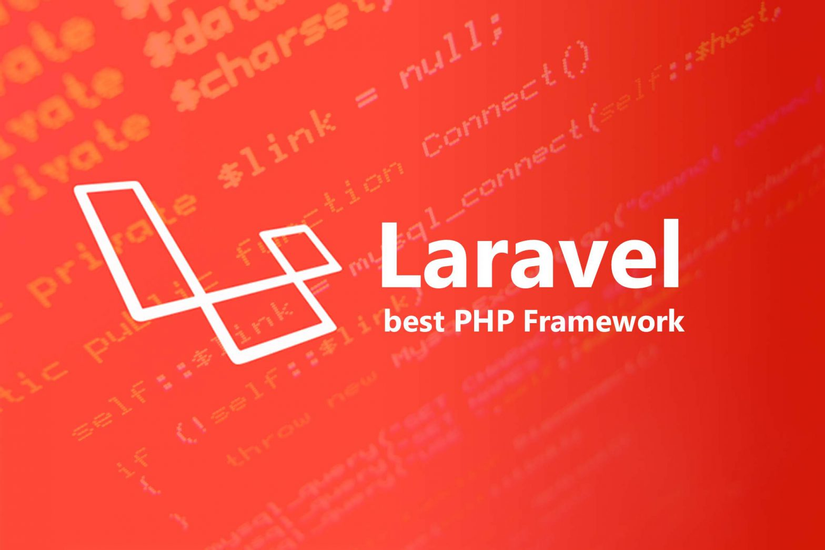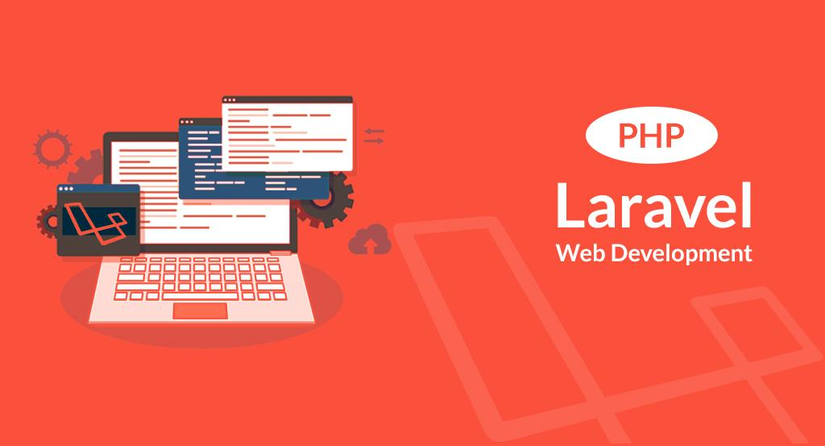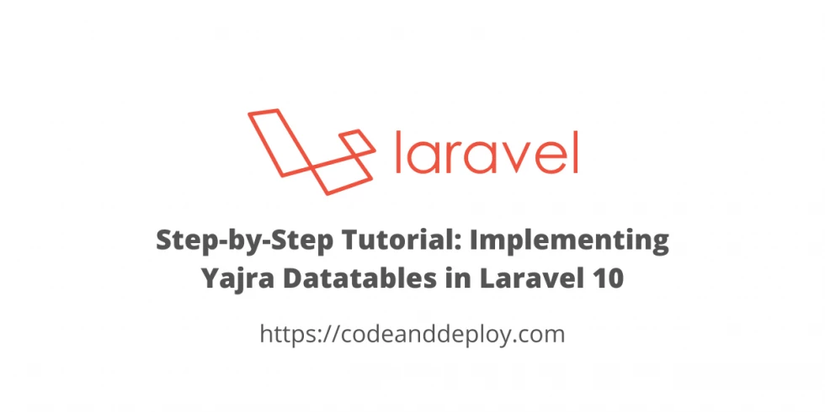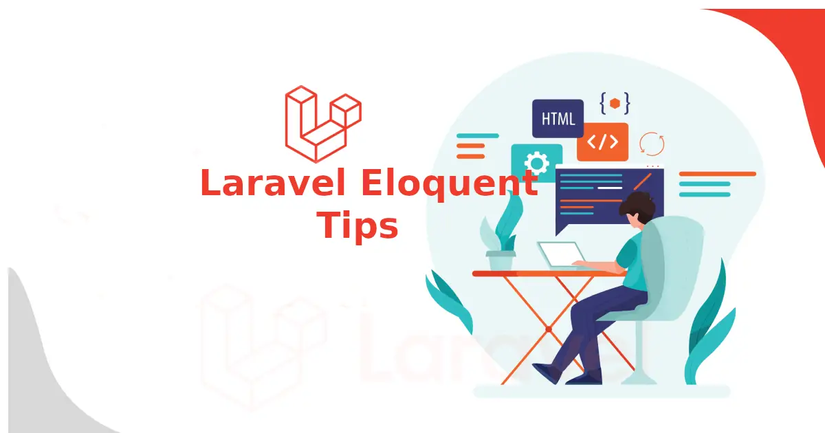Unlocking the Full Potential of Laravel Eloquent: 10 Tips and Tricks
Bài đăng này đã không được cập nhật trong 2 năm
Laravel Eloquent is a powerful ORM that makes working with databases in Laravel a breeze. While Eloquent is easy to use out of the box, there are many tips and tricks that can help you unlock its full potential. In this blog post, we'll cover 10 tips and tricks that can help you become an Eloquent expert and take your application to the next level.
Use Query Builder for Complex Queries
Sometimes you need to construct complex queries that Eloquent doesn't handle well. In these cases, you can use Laravel's Query Builder to write the query directly in SQL. Query Builder provides a fluent interface that makes it easy to write complex queries, and you can seamlessly switch between Query Builder and Eloquent.

Use Model Factories for Test Data
Creating test data can be a tedious and time-consuming process. Laravel's model factories make it easy to generate test data for your application. With model factories, you can quickly create realistic test data for your application, which can help you test your application more thoroughly. Use Model Factories for Test Data
Use Model Factories for Test Data
Use Eager Loading for Better Performance
When you retrieve a model that has relationships with other models, Eloquent will retrieve each related model individually, resulting in many database queries. Eager loading allows you to retrieve all related models with a single query, which can greatly improve the performance of your application.
Use Accessors and Mutators for Data Manipulation
Accessors and mutators are methods on a model that allow you to manipulate the data before it is retrieved from or saved to the database. For example, you can format dates, convert strings to arrays, or encrypt data. Accessors and mutators can help you keep your code clean and organized.
Use Observer Classes for Event Handling
Observer classes allow you to attach event listeners to your models. With observer classes, you can perform actions such as sending notifications, updating related models, or logging events. Observer classes can help you keep your code modular and easier to maintain laravel integration service. .
Use Scopes for Reusable Query Constraints
Scopes allow you to encapsulate commonly-used query constraints into a single method that can be reused across different parts of your application. For example, you can create a scope that retrieves only active users, and reuse it throughout your application. Scopes can help you keep your code DRY (Don't Repeat Yourself).
Use Polymorphic Relationships for More Flexible Relationships
Polymorphic relationships allow you to define a relationship between a model and one of several other models. For example, you can create a "comments" relationship that can belong to a "post" model or a "video" model. Polymorphic relationships can help you create more flexible and dynamic relationships between your models.
Use Advanced Where Clauses for Complex Queries
Laravel provides a range of advanced where clauses, such as whereBetween and whereRaw, that allow you to construct complex queries. By using advanced where clauses, you can construct powerful queries that are more efficient and easier to read.
Use Collections for Advanced Data Manipulation
Collections are a powerful way to work with arrays of data. Laravel provides a range of collection methods that allow you to manipulate data in a variety of ways, such as filtering, sorting, and mapping. Collections can help you write more powerful and expressive code.
Use Caching for Improved Performance
Caching is a way to store frequently-used data in memory so that it can be retrieved quickly. Laravel provides a powerful caching system that makes it easy to implement caching in your application. By using caching, you can greatly improve the performance of your application.
In conclusion,
these tips and tricks can help you become an Eloquent expert and unlock its full potential. By using these techniques, you can write more powerful and efficient code, and create more flexible and
All rights reserved